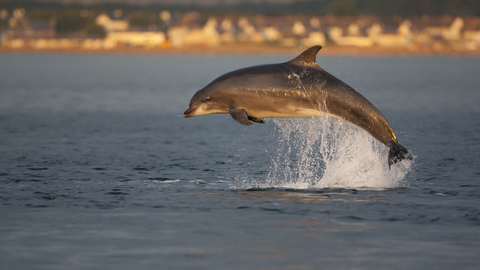
John MacPherson/2020VISION
National Whale and Dolphin Watch
About the event
Watch dolphins and whales with our Living Seas Coordinator and Ecologist and learn about marine mammals and seabirds in Alderney
Thursday, 31st July, 12:00 - 14:00
Meeting at the top of Fort Albert
Shoresearch is The Wildlife Trusts' national citizen science survey of the intertidal shore, the exciting world of extremes where the sea meets the land. It's a great way to explore Alderney’s coast, learn more about the wildlife found there and add to our understanding of this important habitat.
Open to any level of experience, whether you have never stepped foot in a rockpool or spend half your days diving! You will be trained to identify and record the wildlife on Longis Bay, one of the best rockpooling sites in Alderney. The data collected by Shoresearch helps experts to monitor fragile sea life and better understand the effects of pollution, climate change and invasive alien species.
For your comfort and enjoyment, please: Wear sturdy shoes (we'll be on uneven terrain) Bring binoculars for optimal wildlife viewing Pack sun protection - hat, sunscreen & water recommended!
No need to register, just turn up.
If you have any inquiries, please contact Dr. Mel Broadhurst-Allen at marine@alderneywildlife.org
National Whale and Dolphin Watch is a citizen science event that aims to take a snapshot of what cetaceans are in UK coastal waters. This gives us valuable insight into the status and distribution of marine mammals.
